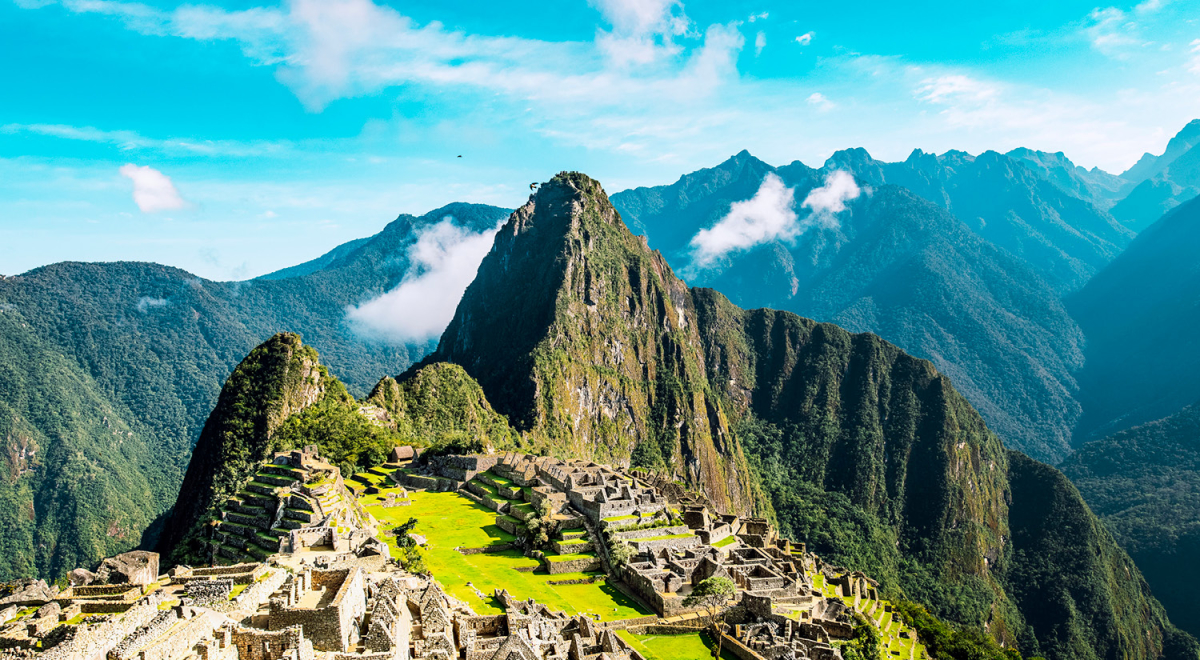Sustainable Tourism: What It Is and Why It’s Important
Plus 20 ways to practice sustainable tourism before, during and after a trip.

Site quick links
Help & support
© Flight Centre Travel Group (Canada) Inc.
A Travel Expert Service Fee will be applied to bookings made in store, over the phone or via email, and is charged in addition to the advertised price. Click here for more information.
*Conditions apply. Prices are in CAD. All advertised prices include taxes & fees. Air travel in economy class unless otherwise stated. Package, cruise, tour, rail & hotel prices are per person, based on double occupancy for total length of stay unless otherwise stated. All-inclusive vacations include airfare on a per person basis. Prices are for select departure dates and are accurate and subject to availability at advertising deadline, errors and omissions excepted, and subject to change. Taxes & fees due in destination are additional and include, but not limited to, local car rental charges & taxes, one-way rental drop fees which are to be paid upon arrival, resort fees & charges, and airline baggage fees. Additional important conditions and supplier terms may apply. For full terms and conditions visit please speak with a Flight Centre Travel Consultant. CPBC#2790, TICO#4671384, OPC#702971.
Future Travel Credit Terms & Conditions | Green Policy | Anti-Spam Policy







